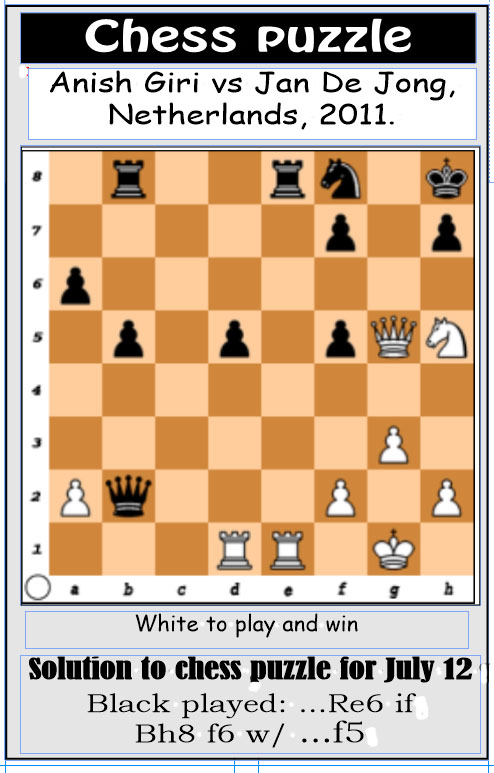Some time in the fourth century BC, Sun Tzu wrote the Chinese classic The Art of War which has survived. In it, we find traces of almost all the strategic patterns and principles later developed over the course of centuries. What constitutes the art of war itself in Sun Tzu’s eyes, is the ideal of winning without bloodshed. To be successful in that respect, the concept of grand strategy comes into play. This is where the word ‘strategy,’ depicted as ‘forethought,’ in the military and chess battlefields, intertwine. Grand strategists think and plan further before taking action. Grandmasters of chess and military commanders are adept at exploring such possibilities. Strategies involve looking at the world with a dispassionate eye, planning subtle moves that would gradually become visible to others. On the chess board, we often imagine that we have a vibrant plan of action, that we have goals we are trying to reach. However, in many instances, we are fooling ourselves. What we have are not goals, but wishes. We novices at chess like to focus on the move at hand, the tactical moves. But grandmasters and generals must visualize the entire chessboard deep into the future, crafting an overall policy for success. And that is the glaring difference.



